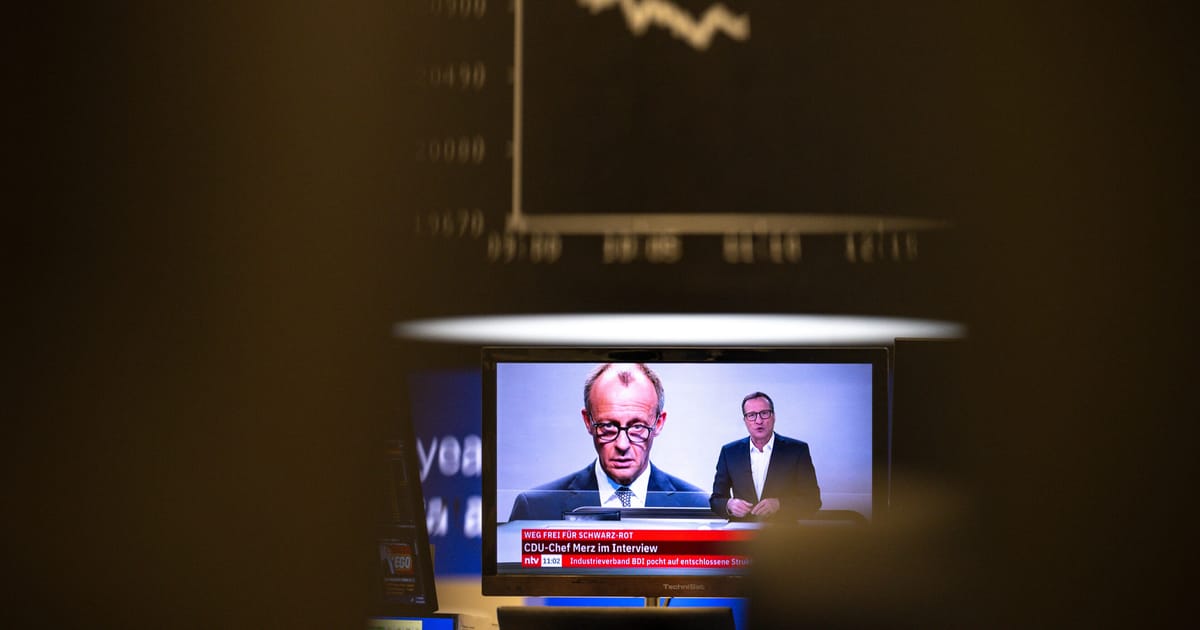“The best thing we can do is all work together to achieve zero tariffs on transatlantic trade. Then the problem will be solved,” Merz said in an interview on TV channel RTL after his Christian Democratic Union (CDU) agreed last week to form a coalition government with the Social Democrats (SPD).
For Merz, the trade headwinds blasting across the Atlantic couldn’t come at a worse time, with Europe’s largest economy facing a third year of recession.
On top of that, as the EU’s leading exporter, Germany and its auto industry are most exposed to Trump’s universal tariffs — 10 percent on most goods, along with 25 percent levies on steel, aluminum and cars. (Trump last week paused a higher, discretionary tariff of 20 percent against the EU for 90 days to open the way for trade talks.)
Merz, 69, has made long careers in both business and politics as a champion of the $1.6 trillion transatlantic trading relationship and the NATO alliance — which was conceived to keep America engaged in Europe while keeping Germany “down” and allowing it to grow into an export powerhouse. The trained lawyer headed the Atlantic Bridge, a German nonprofit, for a decade, and among other roles chaired the German arm of U.S. investment giant Blackrock.
A transatlantic free-trade deal was a central economic policy pitch that Merz made on the election campaign trail. His incoming government’s policy pact strives for an FTA with the U.S. “in the medium term,” while in the near term seeking to avoid a trade conflict and to secure the reduction of import duties.
At the same time, Merz has sought to project an image of strength and resolve toward Washington. “The key message to Donald Trump is: Germany is back on track,” he said in English as he unveiled the coalition deal.
The mixed signals are impossible to miss.
